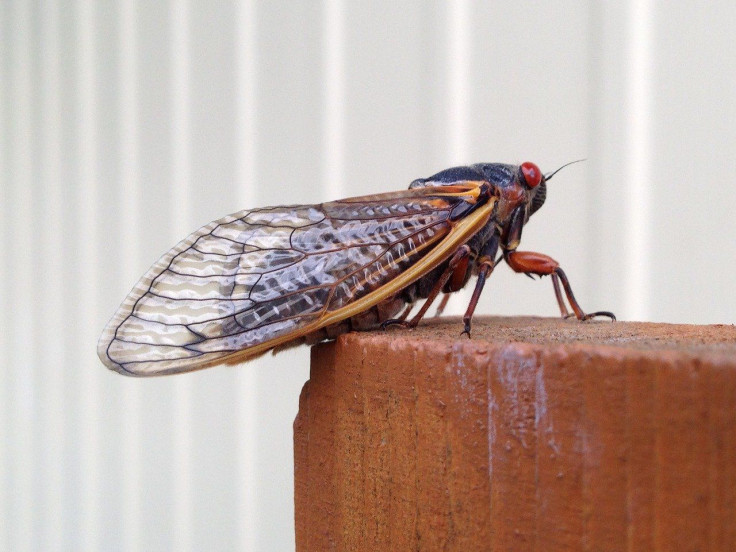17-Year Cicadas To Emerge In 3 US States In Coming Weeks

KEY POINTS
- After over a decade of being underground, 17-year cicadas are set to emerge
- Three U.S. states are expected to experience the largest number of cicadas
- Cicadas are largely harmless to humans but could be harmful to young plants
After over a decade of being underground, 17-year cicadas will begin to emerge in the coming days and weeks. According to experts, as many as 1.5 million cicadas could appear per acre.
Three states in particular are expected to experience the emergence of the largest number of cicadas in the coming days or weeks. These are northwestern North Carolina, southwestern Virginia and southeastern West Virginia. People in these states may experience the natural phenomenon that could be rather loud.
Cicadas are large insects that appear either annually or periodically every 13 or 17 years. Periodical cicadas spend most of their years as immature nymphs in the soil where they feed on nutrients from tree roots. Then, after 13 or 17 years, depending on the species, adult cicadas emerge from the soil to breed.
According to Accuweather, adult cicadas typically emerge from mid-May to early July depending on the temperature, but they often appear when the soil temperature reaches 64 degrees Fahrenheit. If it is too cold, the cicadas won't die but instead their emergence will just be delayed for several weeks.
"Communities and farms with large numbers of cicadas emerging at once may have a substantial noise issue," entomologist Eric Day of Virginia Tech's Department of Entomology said. "Hopefully, any annoyance at the disturbance is tempered by just how infrequent —and amazing— this event is."
In fact, such massive broods only appear about once every two decades, and despite the adult cicadas' short lifespan of just a month, females can leave behind hundreds of eggs.
The noise that people hear during the cicadas' emergence is actually the males' mating sound, something that people in the affected areas could possibly find annoying or perhaps amusing, given the uniqueness of the event.
However, the cicadas' emergence could be troublesome for plant growers because the cicadas' practice of implanting their eggs in thin vines or branches tend to cause healthy parts of plants to wither and die, something that can spell trouble for younger plants. This is why tree growers are advised to avoid planting new trees a year or two before a periodical cicada emergence.
Why cicadas stay on the ground for over a decade remains a mystery, but researchers suggested it could be the creatures' way of avoiding predators.
© Copyright IBTimes 2025. All rights reserved.






















